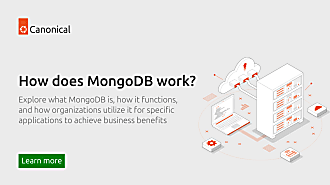Amrisha Prashar
on 15 April 2016

NexDock is a revolutionary laptop that harnesses the productivity of smartphones, tablets and mini PCs by adding a bluetooth keyboard, a capable battery and a 14-inch screen.
The team in the bay area have collaborated with us on having the Aquaris M10 Ubuntu Edition tablet converged with NexDock.
Check out this short video here that shows how Ubuntu on the M10 tablet easily adapts onto NexDock.

Plus here’s a video here showing NexDock working with Ubuntu Nexus 4.
We’re excited by this awesome device and if you are too, why not support their Indiegogo campaign here? There’s 2 days left!



